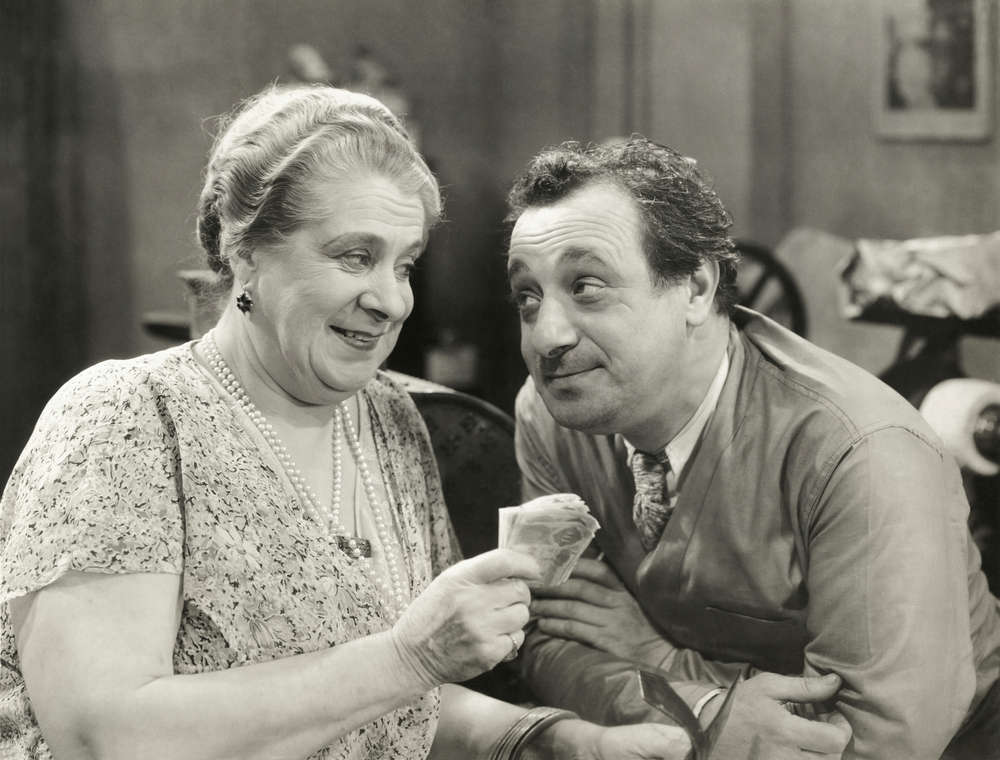Throwback Thursday: 5 Old-School Money-Saving Tips That Still Work
While ever-improving technology has brought about great convenience when it comes to our financial needs - like mobile and online banking, remote check deposits, and budgeting apps - supplementing the most savvy financial options with some tried-and-true "ancient" methods of money management might just be the key to saving even more of our hard-earned dollars and feeling even more comfortable with our finances in general.

Try these old-school money-saving tips to get the most out of your dough.
Use Cash
A quick swipe here, a rushed signature or PIN there – sure, cards are a fast and clutter-free way to pay, but using only cash for certain purchases, even for a short period of time, might just be the switch you need to get back on track with your spending.
Handling physical bills and seeing exactly how much you're handing over and exactly how much you're getting back can be a major eye-opener. Try withdrawing a set amount of cash – say, $50 – from your account at the beginning of the week. Vow to use this, and only this, to pay for small, day-to-day purchases like your morning cup of coffee, lunch, a movie ticket, your bus pass, and so on. We guarantee you'll become quite aware of just how quick it goes and will (hopefully) be inspired to change your spending habits. | Related: How to Live on $50 a Week
Keep the Change
Pennies and nickels and dimes might not seem like much (admit it, how many times have you passed one by as it lies in the parking lot?) but they really do add up. Regularly tossing your spare change into a designated area at home can result in dollars over the course of time. Say you stash away 25 cents a week for a year – that's $13 saved. A dollar a week in change? That's a spare $52 – a trip to the grocery or full tank of gas – and then some! | Related: Quick Money Tip: Keep the Change
Get Acquainted
Although, for the sake of convenience, most of your banking can be done online and on your mobile device, making sure you befriend your nearest branch is crucial to building a relationship that could potentially save you money and stress in the future.
Regularly popping into your financial institution to make a deposit, ask about a special offer, or simply to say hello is a great way to create a relationship in which the service representatives know you, your family, and your situation well enough that they can more easily catch any suspicious activity on your accounts, get in touch with you about any new products, services, or offers they know will benefit you, or simply make it easier and more enjoyable when it comes to sitting down to have those often stressful money conversations with someone you trust. | Our locations.
Keep it Local
Banking with a smaller, local institution means more focus on you. Credit unions have the added benefit of being not-for-profit, which means, unlike banks, they aren't working to appease shareholders and can give more money and time back to the membership. In addition to offering lower rates and fees, credit unions also work to provide members – and the public – with financial literacy. That is, education on the financial products and services you use, as well as general money management advice – to keep you on top of your money matters. | Learn more.
